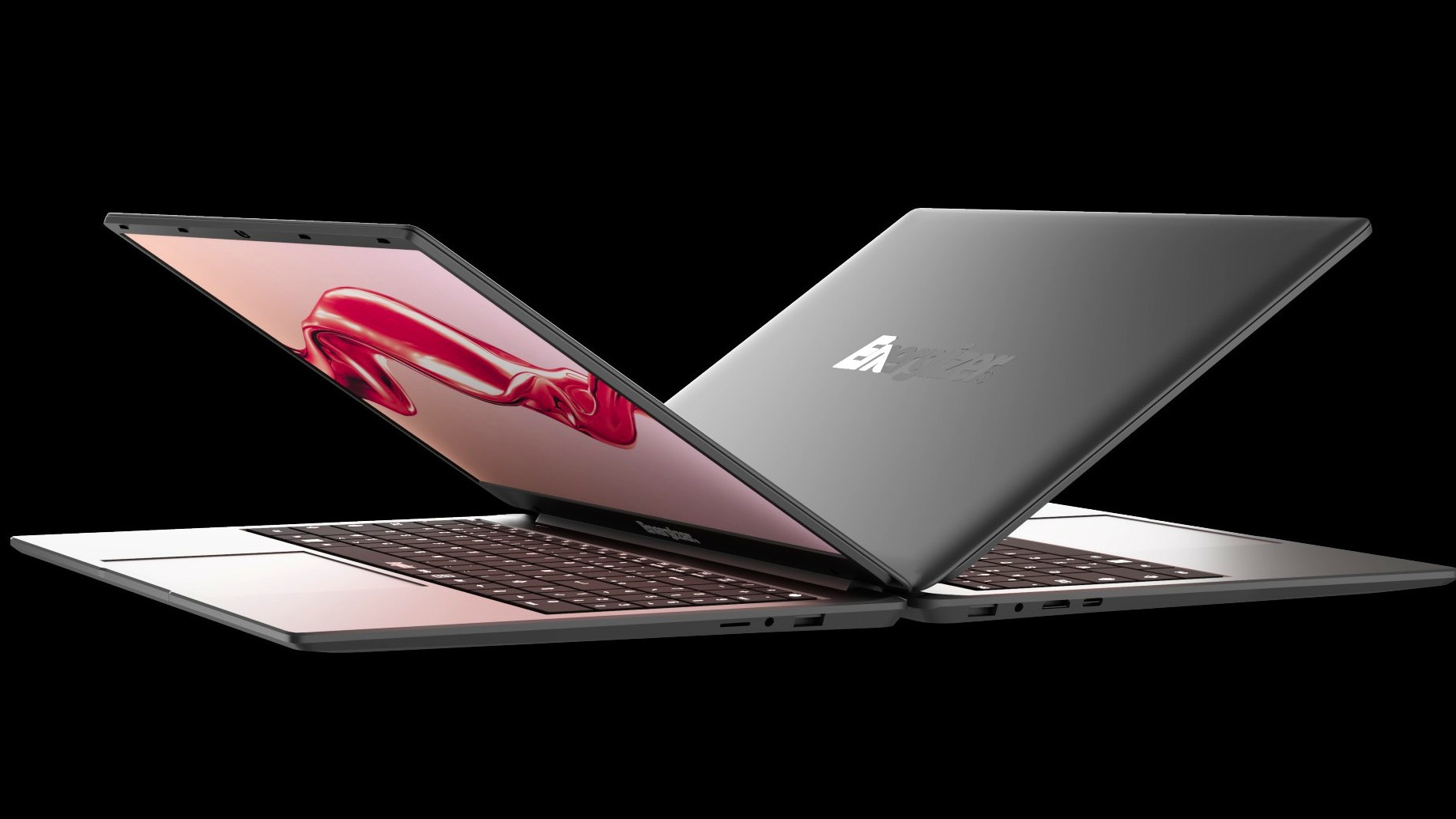Earlier this month renders of an Energizer-branded laptop from French company Avenir Telecom first appeared online, and scant details were later given toNotebookcheck. What we now know as Energizer’s new EnergyBook Classic line seems targeted at the entry-level computing market, with prices starting as low as $199.
The laptop uses a standard ultrabook-inspired design, with the familiar Energizer logo emblazoned on the keyboard, screen bezel, and lid. There’s not much to remark on otherwise, though based on the photos, it offers two USB Type-A ports, one USB Type-C port, one HDMI port, two 3.5mmaudiojacks, and what appears to be an SD card reader.

We’d be surprised to see USB4 instead of more entry-level USB3, as well, since this entry-level device would likely not particularly benefit fromorwork well with devices that demand USB4 throughput, i.e., external SSDs.
Unfortunately, detailed product specifications seem scant at the time of writing, with requests for more information made by Notebookcheck on January 6 being met with silence. We know that EnergyBook Classic comes in 15-inch or 17-inch models and ships with either 128 GB or 256 GB of storage. Additionally, the notebooks should become available sometime in Q1 2025, though considering the still-scant details, you would be forgiven for not trusting that launch window.

Some are skeptical of the supposed starting price point of $199. This would prove remarkably cheap for modern laptop hardware, even a basic Chromebook or Linux laptop, and at theveryleast indicates the bare minimum rung of entry-level in use — if the final laptops can even be sold for such low prices. Since the laptops are also claimed to use sturdy, eco-friendly materials and come with long-term support, such low pricing seems like a difficult target to land.
Ultimately, this curious notebook promised by Avenir Telecom is mostly interesting due to its Energizer branding — the price point in isolation doesn’t do much to excite, particularly not without seeing the internal specifications. Using a Windows key on the board also implies this may even be a Windows laptop instead of Linux or Chrome OS — and that choice could prove particularly unwise at this price point.
Get Tom’s Hardware’s best news and in-depth reviews, straight to your inbox.
Christopher Harper has been a successful freelance tech writer specializing in PC hardware and gaming since 2015, and ghostwrote for various B2B clients in High School before that. Outside of work, Christopher is best known to friends and rivals as an active competitive player in various eSports (particularly fighting games and arena shooters) and a purveyor of music ranging from Jimi Hendrix to Killer Mike to the Sonic Adventure 2 soundtrack.